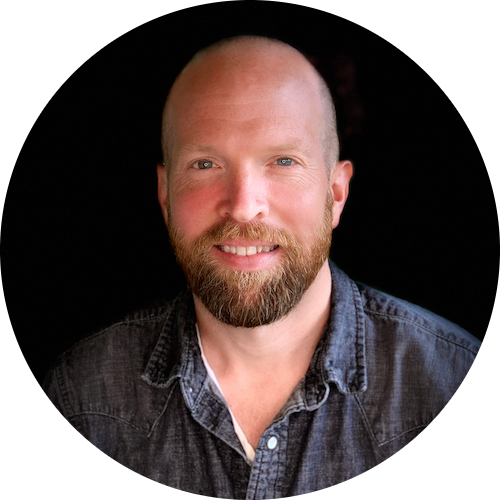Almost 80% of Code Fellows students have no prior experience coding, and yet almost all find steady employment as developers after graduation. They come from backgrounds in finance, hospitality, engineering, retail, and more; and collaborate to support each other’s specializations.
Prior to any interview, solidify how your existing work experiences continues to deliver value: imagine it as the foundation of the patience, cool-headedness, and people skills you’ll need as a coder. Search out internships or volunteer opportunities that build upon your existing technical skills, and use these as a reflection of your talents and intention.
Leveraging your background and passion allows you to bring your past experience and skills into a new career. Passion projects help hiring managers better understand the value you bring, and indicate the creativity with which you can approach coding. They also offer something that a diploma or cover letter can’t.
More and more businesses are starting to look past college education and assess candidates based on skill, not degree. In response to a weak correlation between success at university and success later in life, Ernst & Young, Penguin Random House, and others have announced the removal of degree criteria from their job applications. The companies have placed greater emphasis of the potential, creativity, and specialization of each applicant.
With this in mind, the fastest way to build upon your past work experience is to bring your unique perspective into what you are doin now—becoming a great coder! Get started with our one-day coding workshop, Code 101: Intro to Software Development & Careers in Tech. Or, if you have prior experience in software development, consider testing into Code 401: Advanced Software Development, where you can specialize in JavaScript, Java, or Python.

